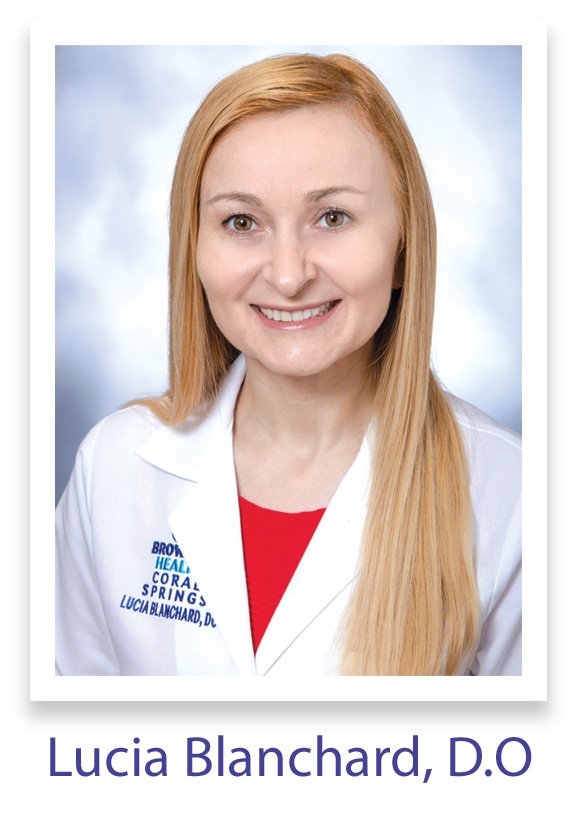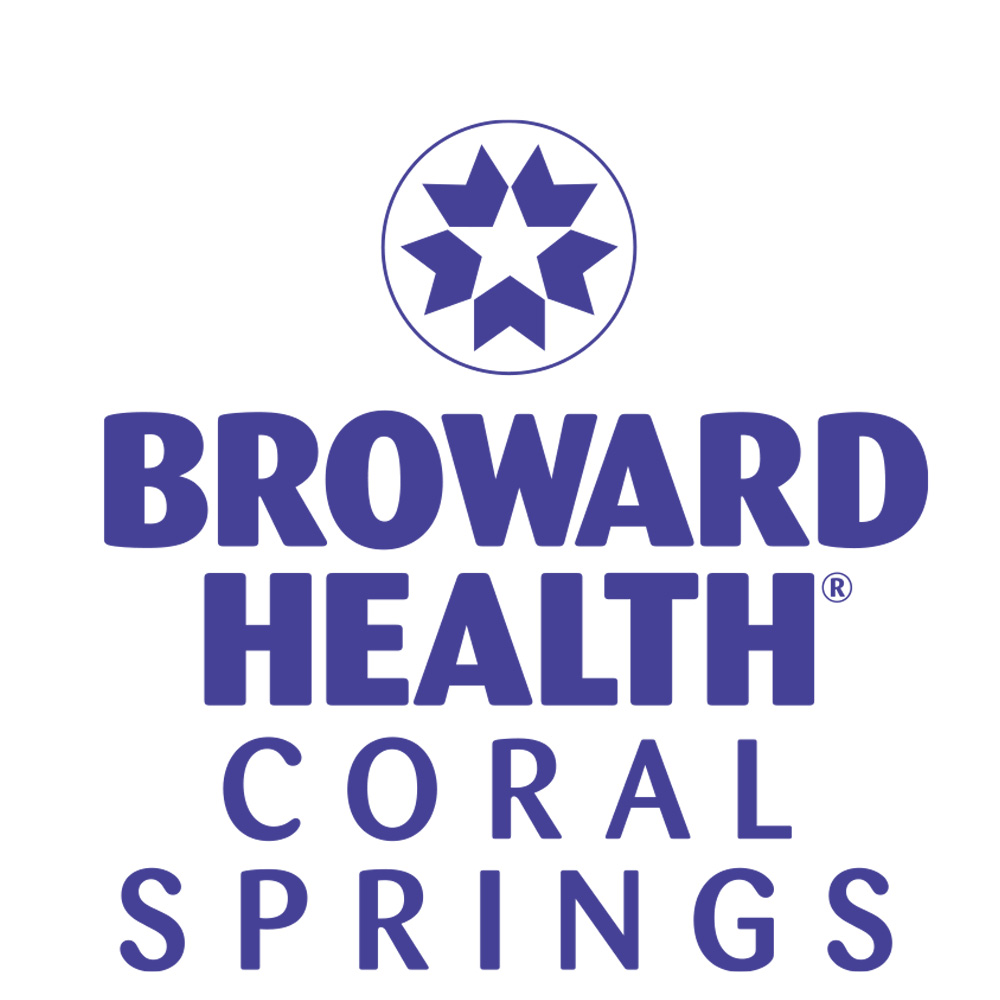
When you think of heart disease, do you imagine someone clutching their chest and falling to the ground? While Hollywood heart attacks make for great television, heart disease isn’t always so dramatic in real life.
In fact, many early signs of heart conditions can be transitory and hard to pin down. Heart disease is the number one cause of death in the U.S., it’s important to know the signs, know your risk, and know your options for cardiac care.
Signs of Trouble
“The first symptoms I remember were nausea and burning in my upper chest that came and went away,” said Michael Carroll, a 60-year-old Coral Springs resident diagnosed with atrial fibrillation last June.
Atrial fibrillation is one of the most common types of heart arrhythmias, a condition that results in an irregular heartbeat and is linked to heart failure. Angina, or chest pain, is a common symptom of heart conditions, and it frequently comes and goes. It can be experienced as a feeling of heaviness, burning or squeezing in the chest. Sometimes the pain is felt in other areas of the body, such as the shoulders, back, arms, neck or even the jaw.
Other signs of trouble include shortness of breath, heart palpitations, weakness, lightheadedness and fatigue. Some people experience edema, or swelling, frequently in their legs and feet.
Carroll, who walked five miles every day, did not think he was at risk of heart disease,but he felt sluggish after his first bout of chest pain, and a week or so later, the nausea and fatigue returned.
“I started retaining water and feeling short of breath. That’s when I went to the ER,” Carroll said. “Finding out I had heart disease was scary and surreal,” Caroll said. “I spoke to a cousin with heart failure, who reassured me that while it would be hard at first, things would get better.”
Risk Factors
Almost half of the people in the U.S. have one of the three key risk factors for heart disease: high blood pressure, high cholesterol or smoking, according to the Centers for Disease Control and Prevention.
Other risks include having diabetes, being overweight or obese, excessive alcohol use, following an unhealthy diet and not being physically active. While leading a healthy lifestyle helps prevent heart disease, some risk factors, such as normal aging, genetics and race, can’t be controlled.
That’s why it’s critical to know your numbers – like cholesterol and resting heart rate. Regular health checkups and screenings can help you monitor for heart conditions and catch problems early.
Custom Cardiac Care
Carroll received care at Broward Health Coral Springs and Broward Health Medical Center. His treatment has included receiving a cardiac catheterization, a pacemaker/defibrillator in October, heart failure medication, weight loss and cardiac rehab.
“We work together to deliver custom cardiac care based on the individual needs of our patients,” said Lucia Blanchard, D.O., a cardiologist with the Broward Health Physician Group. “Heart disease can be daunting. But patients who follow their treatment plan and make the recommended lifestyle changes can experience dramatic improvements.”
While the first months after his diagnosis were really challenging, Carroll was determined to prioritize his health. He works out three times a week, has lost a significant amount of weight and says he continues getting better and better.
“The only difference between a challenge and a pain in the neck is your attitude,” concludes Carroll, who is back to walking every day. “I told my wife, if I did not have a good outcome, it wasn’t going to be because I didn’t try.”
Coming Soon: Cardiac Cath Lab Expansion at Broward Health Coral Springs
As part of its commitment to offering advanced cardiac care close to home for those in northwest Broward County, Broward Health Coral Springs will soon open its second state-of-the-art cardiac catheterization lab.
The expanded department includes seven total pre-and post-procedure patient care bays and is equipped with the latest patient monitoring technology to screen and diagnose potential problems to treat cardiovascular disease.


